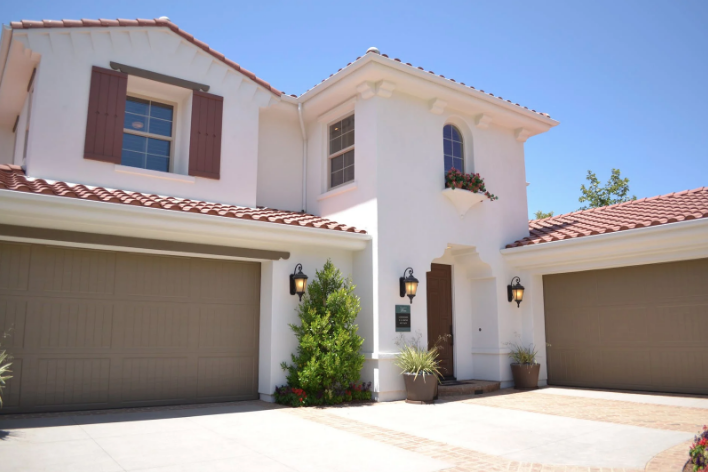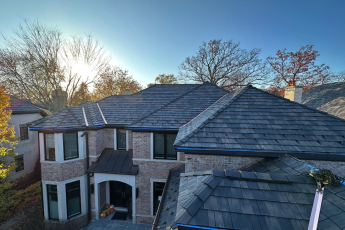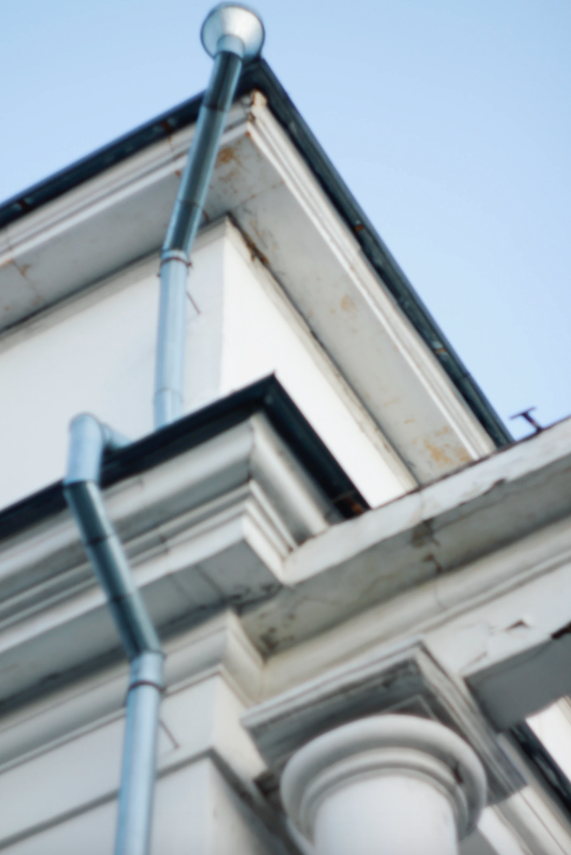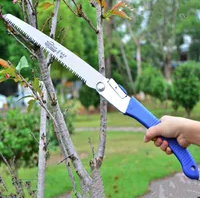Installing Impact and Hurricane Resistant Windows in Your Home
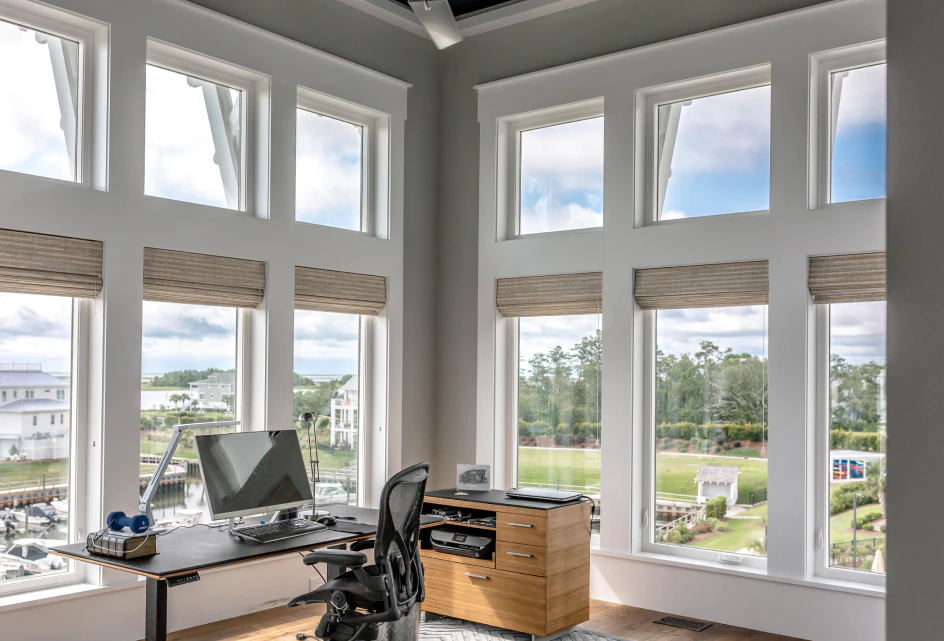
Do you live in Florida or an area that would need impact resistant windows? Here’s everything you need to know!

Impact-resistant windows, also known as hurricane windows or storm windows, are specially designed to withstand high winds and flying debris during severe weather conditions such as hurricanes, tornadoes, or strong storms. Here’s a breakdown of what you need to know about buying impact-resistant windows:
1. Strong Materials
Impact-resistant windows are typically made of either laminated glass or a combination of laminated glass and a sturdy frame material like aluminum or vinyl. Laminated glass consists of two or more layers of glass bonded together with a durable interlayer, usually made of polyvinyl butyral (PVB) or ethylene-vinyl acetate (EVA), which helps hold the glass together when shattered.
2. Testing and Certification
Look for impact-resistant windows that have been tested and certified to meet recognized standards for withstanding high winds and impact from debris. In the United States, windows are often tested according to standards set by organizations such as the American Society for Testing and Materials (ASTM) and the Miami-Dade County Product Control Division. Products that pass these tests are typically labeled as impact-resistant or hurricane-rated.
3. Design and Installation
Impact-resistant windows come in various styles and designs to suit different architectural preferences and home aesthetics. When buying these windows, consider factors such as frame materials, glass thickness, energy efficiency ratings, and the specific requirements of your local building codes. A1 impact resistant windows are expertly designed and skillfully manufactured to enhance energy efficiency, safety, and comfort in your home. Additionally, proper installation is crucial for ensuring the effectiveness of impact-resistant windows, so hire a qualified contractor with experience in installing these types of windows.
4. Cost and Value
Impact-resistant windows typically cost more than standard windows due to their specialized construction and enhanced durability. However, they can provide significant value by offering increased protection against property damage, improved security, and potential savings on insurance premiums. Consider the long-term benefits and potential savings when evaluating the cost of investing in impact-resistant windows for your home.
5. Additional Features
Some impact-resistant windows may come with additional features such as low-emissivity (low-E) coatings, which help improve energy efficiency by reducing heat transfer through the glass, or tinted options for privacy and UV protection. Explore these options based on your specific needs and preferences.
6. Warranty and Maintenance
Before making a purchase, review the warranty coverage offered by the manufacturer for their impact-resistant windows, including provisions for glass breakage and structural defects. Additionally, inquire about recommended maintenance practices to ensure the longevity and performance of your windows over time.
By considering these factors and conducting thorough research, you can make informed decisions when buying impact-resistant windows to enhance the safety, durability, and energy efficiency of your home, especially in areas prone to severe weather conditions.


